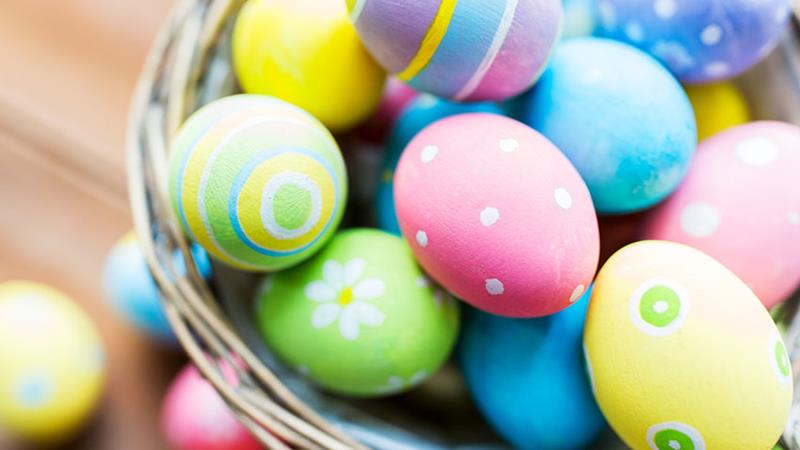Egg-citing Easter: The History and Traditions Behind the Egg

Easter is a holiday that is celebrated around the world in various ways, but one common symbol that can be seen in many cultures is the egg. So why are eggs associated with Easter? Let’s take a deeper look into the history and traditions behind this link.
The History of Eggs and Easter
The exact origins of the egg-Easter connection are unclear, but there are several theories about how it began. One theory suggests that eggs were a symbol of new life and rebirth in pagan cultures, and that Christians adopted this symbol to represent the resurrection of Jesus Christ.
In ancient cultures such as those in Persia, Egypt, and Greece, eggs were given as gifts during the spring equinox to celebrate the arrival of a new season and new beginnings. The egg represented fertility and the potential for new life, making it a natural symbol for the start of a new season and the renewal of the earth.
In Christianity, Easter celebrates the resurrection of Jesus Christ, which represents new life and rebirth. Eggs, which also represent new life and renewal, became a natural symbol for the holiday. Christians began to decorate eggs with symbols of faith, such as the cross and images of Jesus, and to exchange them as gifts during the Easter season.
Easter Egg Traditions
One popular Easter tradition that involves eggs is decorating them. This tradition is believed to have originated in medieval Europe when people would decorate eggs to mark the end of the Lenten fast. To make the eggs more festive, they were colored with natural dyes made from plants and other materials, and decorated with patterns and symbols.
Another popular Easter tradition is the Easter egg hunt. Children search for eggs hidden by the Easter Bunny, a popular symbol associated with the holiday. The Easter egg hunt is believed to have originated in Germany in the 16th century, and was brought to the United States by German immigrants in the 18th century.
In some cultures, Easter eggs are also used in special dishes or as part of traditional celebrations. In Greece, for example, red eggs are dyed and exchanged as gifts on Easter Sunday, and are also used in a game called “tsougrisma” in which two players tap their eggs together to see whose egg will crack first.
Conclusion
The egg has become an integral part of Easter celebrations around the world, representing new life, renewal, and the resurrection of Jesus Christ. Whether it’s through decorating eggs, participating in an egg hunt, or enjoying special Easter dishes, this simple yet powerful symbol continues to bring joy and meaning to the holiday season.








